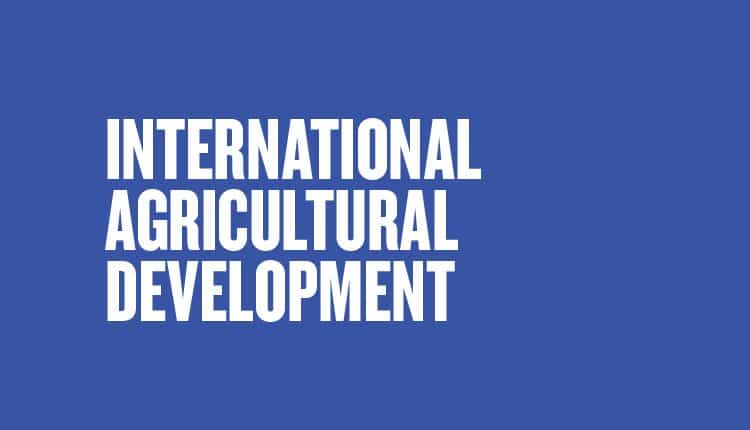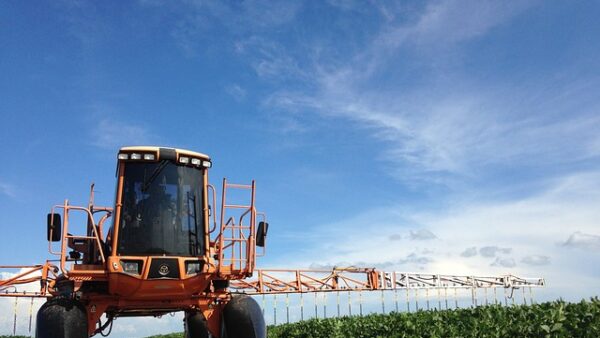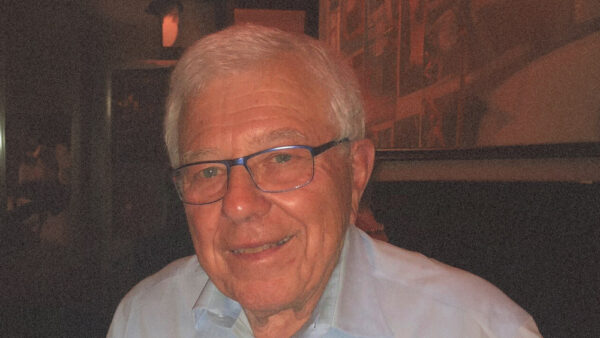Born into a humble family in central Pakistan is Fawad Shah, who is now an integral part of the U.S. seed industry, but he seeks out ways to contribute to the development of his birth country.
Shah is representative of hundreds, if not thousands, of foreign born U.S. persons who contribute directly to both the U.S. seed industry and to that of their homeland.
“Dad often said food is the basic necessity of life and agriculture is the way to feed humanity,” says Shah. “He regarded it quite a noble profession.”
Shah grew up in the small rural town of Shahpur Sadar, surrounded by villages where agriculture is the dominant profession. He credits his mother as the
driving force behind the educational opportunities that he and his siblings were provided. He fulfilled both his parents’ wishes by pursuing higher education in the plant sciences.
After completing his undergraduate degree in biology at the nearby University of Sargodha, Shah earned a master’s in plant breeding from the University of Agriculture, Faisalabad. Upon receiving a coveted scholarship from the Pakistan government, he attended Mississippi State University and completed a doctorate in agronomy and its renowned Seed Technology Program.
Shah has witnessed numerous developmental challenges that beset the agricultural sector in Pakistan. Water availability and inefficient usage. Inadequate rural infrastructure. Lack of mechanization. Low viability of the commercial farming sector. Poor policy alignment. Too few well-adapted high yielding varieties across the many crop kinds.
Partnerships to Promote Development
However, the most notable developmental challenge in Shah’s mind is the lack of viable farm-to-market seed systems in many production regions. Developing more robust and appropriate seed systems is his solution.
“This can be accomplished through public-private partnerships, with local and foreign experts on the ground to help educate and implement a sound seed system in Pakistan,” Shah says.
Shah’s public role in Pakistan began to ratchet up in 2011. He served as a technical resource for educational events held in conjunction with the first International Seed Technology Conference convened by the University of Agriculture, Faisalabad, during the university’s 50th anniversary celebration. He has since spoken at other university seed technology conferences.
Shah thought to enlist the aid of a U.S. colleague in support of his on-going developmental efforts to assist Pakistan’s seed sector. His recommendation was instrumental in that colleague’s appointment within the University of Agriculture, Faisalabad, Office of Research, Innovation and Commercialization as an honorary scholar and adjunct scientist in the area of seed systems.
The university’s senior leadership requested Shah’s assistance in developing a new undergraduate seed science curriculum. He ultimately enjoyed presenting to that inaugural seed technology class as did his U.S. colleague.
“Those talented young men and women could begin to envision themselves as future seed technologists who would build a stronger seed system,” Shah says.
In 2015, both Shah and his colleague were subsequently invited to speak at the first Pakistan Seed Congress. He spoke about the structure of the U.S. certification system and to seed technology issues. His colleague addressed emerging seed system challenges and opportunities facing the developing seed industry. Both interact frequently with colleagues in Pakistan.
Shah has resided in Minnesota since becoming president and CEO of the Minnesota Crop Improvement Association in 2015. His career path has taken him to Washington state where he served in various seed and grain roles within the Department of Agriculture. Prior to assuming his current position, he served as director of the U.S. Department of Agriculture’s Agricultural Marketing Service Seed Regulatory and Testing Division.
What is next for Shah? He plans to create academic and technical relationships among and between the Minnesota Crop Improvement Association, the University of Minnesota and institutions of higher learning in Pakistan. He envisions bringing graduate students to the University of Minnesota to increase their exposure to research and plant breeding. Shah believes these efforts will further expand MCIA’s global footprint in the seed industry.
Granted, the example of Fawad Shah is that of one individual. Albeit, he sets a good example and exemplifies the many who go unheralded.













